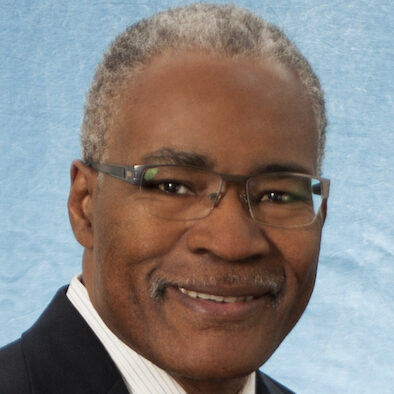ARC Year IV Work Group

> Amy Miller Juve EdD, MEd (Co-Chair)
Oregon Health and Science University
juvea@ohsu.edu

> Jed Wolpaw MD, MEd (Co-Chair)
Johns Hopkins University
jwolpaw@jhmi.edu
ARC Year Four Work Group Charge: Mapping the Future of Education Research in Anesthesiology
Education research is “the scientific field of study that examines education and learning processes and the human attributes, interactions, organizations, and institutions that shape educational outcomes.” (American Educational Research Association, 2023) Within anesthesiology, opportunities for education research exist in efforts to describe, understand, and explain how learning takes place across the full training and professional lifecycle. Anesthesiologist investigators have made important past contributions to education research, including trainee mental health, the value of board certification, and the use of simulation, but these are often isolated efforts and the specialty has few leaders in education research. FAER’s Research in Education grant program funds isolated education research projects, but it is not focused on career development in this space.
At present, no comprehensive strategy exists for how to grow education research into a robust and self-sustaining discipline within anesthesiology. Very few anesthesiologists are qualified to mentor the next generation of rigorous researchers in education who will move both theory and practice of medical education forward in our specialty and all of medicine. This study charge seeks to identify national leaders in education research and summarize key initiatives to consider in generating research excellence in this field within anesthesiology.
This working group will:
1. Summarize the current state of US medical education research, including source of sustained funding and metrics for scientific impact in this field. Using these benchmarks, compare medical education research in anesthesiology to leading institutions or medical specialties in this field.
2. Identify factors common to specialties with little versus great contributions to theoretical and practical medical education research and factors within leading individual departments of other specialties in medical education research.
3. Assess how current education research frameworks, measures and methods intersect with issues of race, class and privilege, and identify strategies by which education research within anesthesiology can help address health disparities and advance goals of equity, inclusion, and diversity within the medical workforce.
4. Identify high priority, immediate and future actions that key stakeholders, including but not limited to ABA, ASA, IARS, SEA, and FAER should undertake to generate centers of excellence and establish early career development programs in medical education research that will have national impact in anesthesiology and in medicine.

> Beth Duggan MD
University of Alabama at Birmingham
eduggan@uabmc.edu

> Lara Zisblatt EdD, MA, PMME
University of Michigan
lzisblat@med.umich.edu

> Larry Chu MD, MS
Stanford University
lchu@stanford.edu

> Shelby Labe MD, MEd
University of Pennsylvania
shelby.labe@pennmedicine.upenn.edu

> Aditee Ambardekar MD
UT Southwestern
Aditee.Ambardekar@ UTSouthwestern.edu

> Sanjay Desai, MD
American Medical Association
Sanjay.Desai@ama-assn.org

> Ed Nemergut MD
West Virginia University School of Medicine
edward.nemergut@hsc.wvu.edu

> Larry Roper PhD
Oregon State University
larry.roper@oregonstate.edu

> Tekuila Carter MD
University of Alabama at Birmingham
tcarter@uabmc.edu

> John Mitchell MD
Henry Ford Health
jdm051@gmail.com

> Susan Martinelli MD, FASA
University of North Carolina
Susan_Martinelli@med.unc.edu

> Laura Edgar, EdD, CAE
Accreditation Council for Graduate Medical Education (ACGME)
ledgar@acgme.org




